From Devices to Decisions: Enabling Predictive and Personalized Healthcare with AI
Discover how AI, including Generative AI, is transforming the MedTech industry—from accelerating product development to enabling personalized, predictive healthcare. Explore real-world applications across devices, diagnostics, and digital health solutions, and see how Agilisium empowers MedTech innovation with advanced data and AI capabilities.
The medical technology (MedTech) sector, made up of products, services and solutions that are designed to diagnose, monitor, treat and prevent disease or compensate for a disability or injury, is a large industry. Medtech is growing year-on-year, driven by new technologies including aging populations and increasing numbers of people with chronic diseases, as well as the advance of AI. According to Future Market Insights, the market value is estimated to reach $549.5 billion in 2025, rising to $853.4 billion by 2035, with cardiology devices such as pacemakers making up the biggest market share.
MedTech today spans three key segments:
- Medical Devices
Instruments and tools used in diagnosing, monitoring, or treating health conditions from contact lenses and drug delivery systems to surgical robots and diagnostic machines. - In Vitro Diagnostics (IVD)
Tests that detect diseases or conditions using biological samples, performed in labs, healthcare facilities, or even at home. - Digital Health Solutions
Encompassing mobile health, telemedicine, health IT, and wearables, this area is increasingly powered by AI and machine learning to support clinical decision-making, enhance patient engagement, and deliver personalized care.
AI, including generative AI and advanced data analytics, has a role in the future development of MedTech, whether supporting development, manufacturing and use of medical devices and in vitro diagnostics, or as an integral part of AI-enabled digital health solutions. According to Boston Consulting Group, generative AI in healthcare overall is expected to have a compound annual growth rate (CAGR) of 85% through 2027 to an estimated market size of $22 billion, making its growth faster in this than in any other industry.
AI in Medical Devices and in Vitro Diagnostics
Gen AI and advanced analytics has applications throughout the medical device and IVD value chain, from device development to approval, sales, and marketing. At all stages, advanced analytics and AI can integrate and analyze vast quantities of data from diverse sources quickly and accurately, allowing identification of trends and patterns and driving decision-making.
At the development stage, generative AI can be used in product concept design and prototyping. In device manufacturing, or in the process of in vitro testing, AI-supported automation and robotics can handle repetitive tasks. This can speed up the process, reduce the risk of human error and free up staff for other, often more interesting, or creative tasks. It can also play a role in quality control by identifying errors in production or testing processes.
AI-Enabled Digital Health Solutions
Digital health solutions are increasingly powered by AI and advanced analytics to support faster, smarter decision-making in healthcare. These solutions leverage data from medical literature, patient records, and wearable devices to generate insights, make predictions, and assist healthcare professionals in clinical decision-making.
Examples of AI-driven applications include:
- Tools that diagnose conditions using digital photos and medical imaging (e.g., eye screenings or radiology scans)
- Predictive models that forecast disease progression
- Chatbots that support treatment recommendations for clinicians and patients
- Generative AI platforms that create symptom summaries or diagnosis reports
- AI-assisted surgical planning tools
Developing these digital solutions can be resource-intensive, especially when it comes to software development and access to skilled talent. Generative AI is beginning to address this challenge by enabling faster code generation through natural language inputs, streamlining the development of AI-enabled applications.
As adoption grows, regulatory bodies like the FDA have had to evolve quickly to keep pace. With hundreds of AI/ML-enabled devices now approved and in use particularly in diagnostic imaging it is clear that digital health is moving toward a future where AI is embedded at every step of the care journey. Continued updates to regulatory frameworks will be crucial to support safe and effective innovation in this space.
From Approval to Adoption: Powering MedTech with AI
AI-driven advanced analytics are reshaping how MedTech companies approach market readiness and commercialization. AI-driven advanced analytics can help companies to develop marketing strategies by predicting customer behavior and needs based on analysis of previous actions and trends across the market. It can also identify audiences, recommend engagement strategies, and anticipate future market changes.
Beyond strategy, AI can also streamline the creation of critical documentation. It can help generate trial reports, regulatory submissions, vendor contracts, and tailored content for sales teams, healthcare professionals, and patients. Once the MedTech product is on the market, AI can analyze post-market surveillance data to identify potential issues, drive product improvements, and inform future innovation.
Moving MedTech and AI into the future
The use of AI has potential to support faster decision-making through better predictions based on data from real-time monitoring and point-of-care diagnostics, in turn improving patient care. AI-driven MedTech, including autonomous diagnostics and AI-enabled wearables, could make fully personalized and predictive healthcare a reality.
How Agilisium Supports the MedTech Journey
At Agilisium, our Generative AI capabilities are designed to accelerate MedTech innovation across the lifecycle—from development to market entry and beyond.
Our generative AI services allow you to use predictive analytics based on historical and real-time data to optimize the development process and support both business and clinical decisions. Our Insights Generation Agent uses life sciences-specific AI models and an intuitive design to process massive datasets and identify trends and anomalies to deliver real-time insights relevant to your project.
Medtech regulatory requirements can be complex. Our Content Generation Agent helps you to generate content that aligns with the requirements of regulatory authorities, which could improve the chance of approval for your MedTech product or service. It will also create tailored and compliant content that targets patients and healthcare professionals and supports your sales and marketing teams.


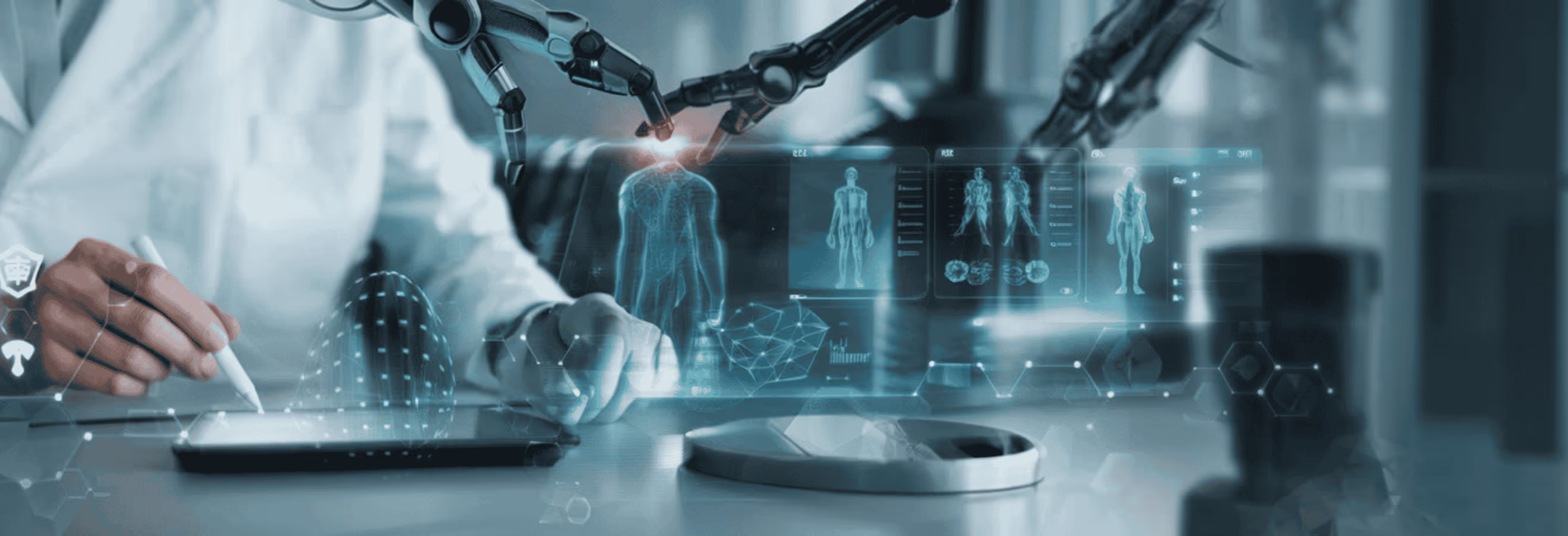


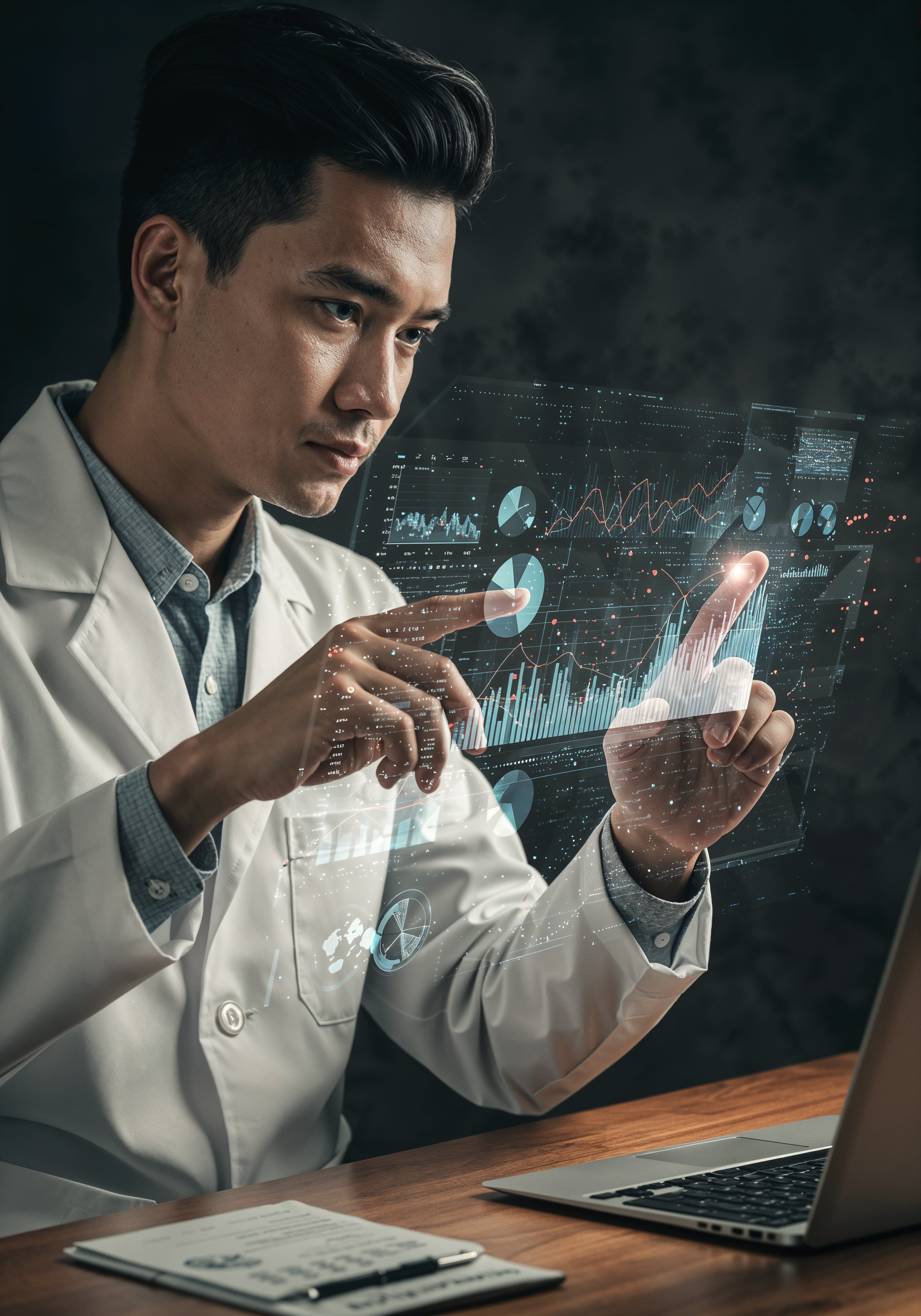
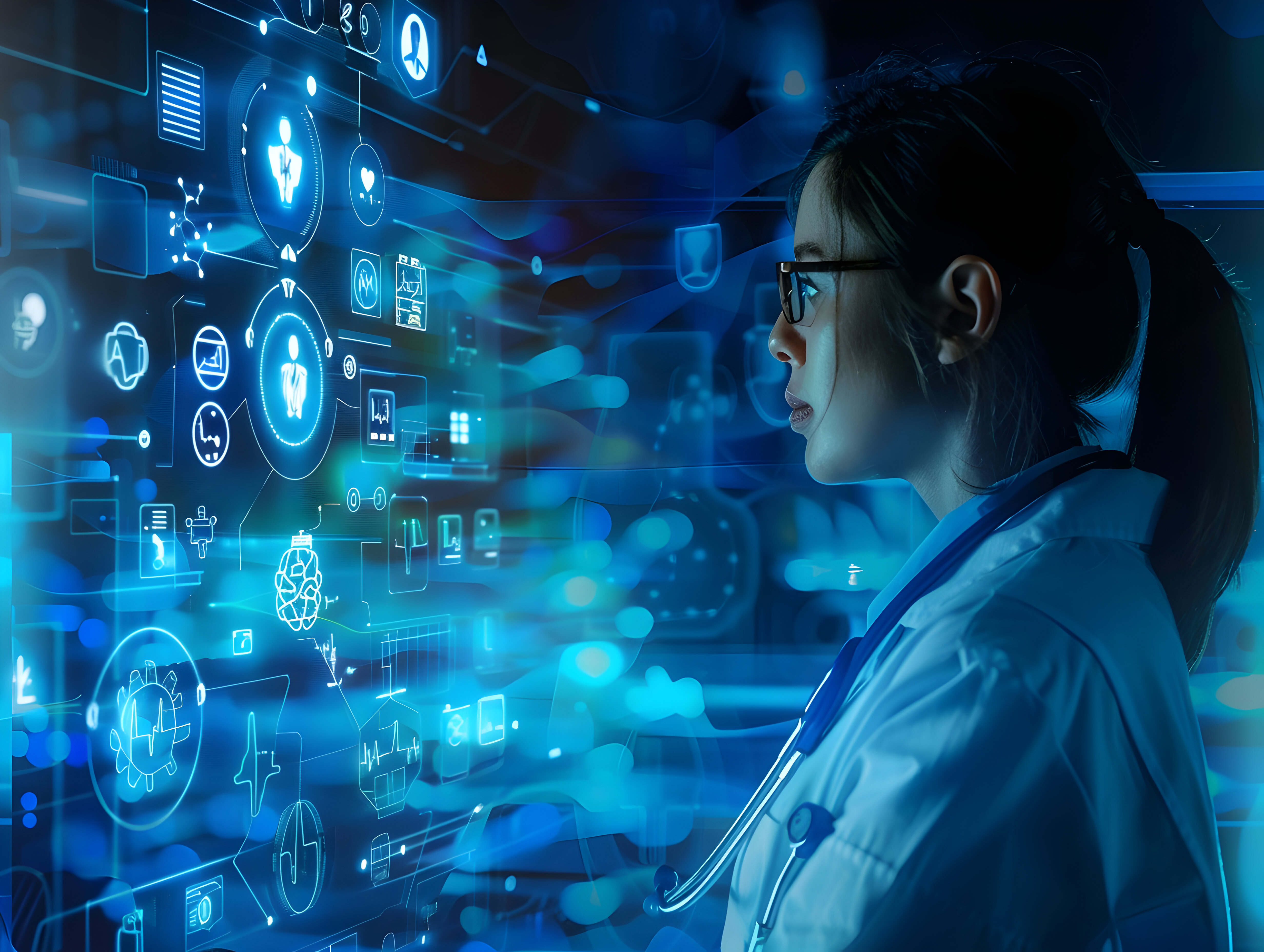

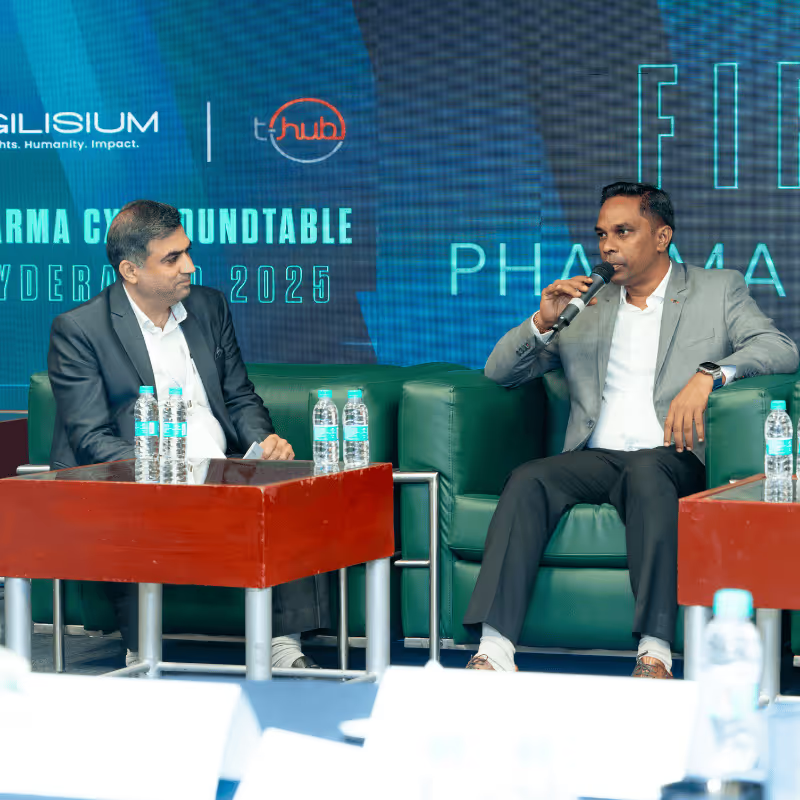

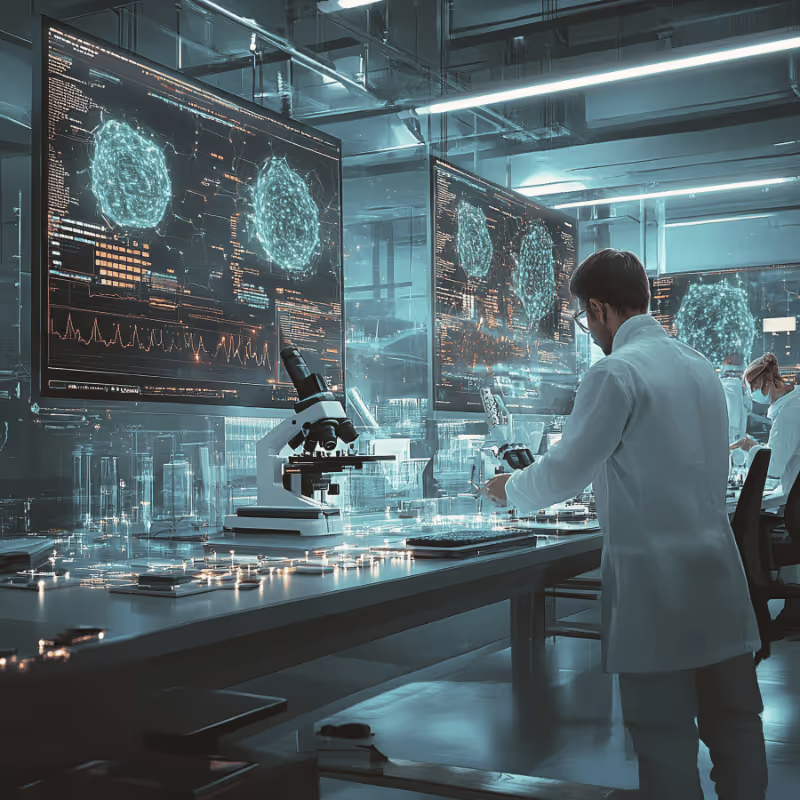
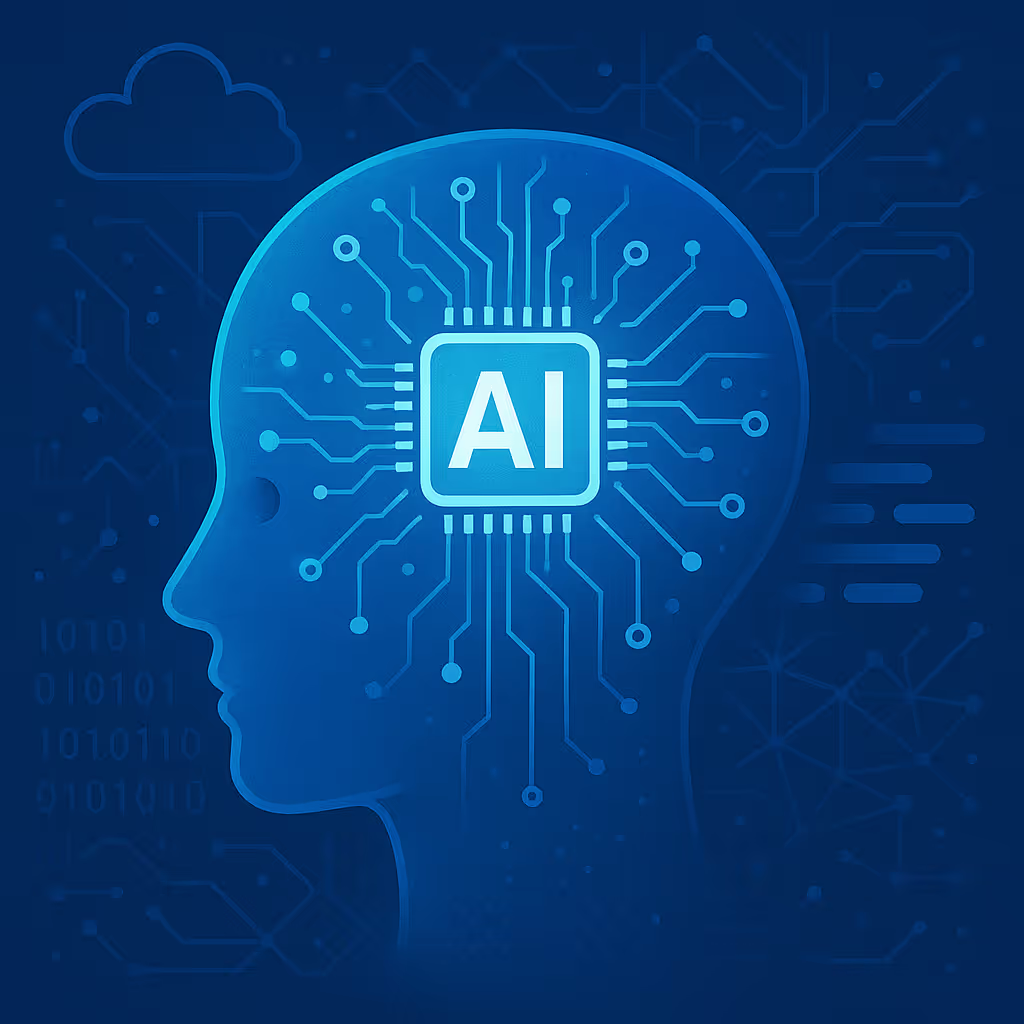

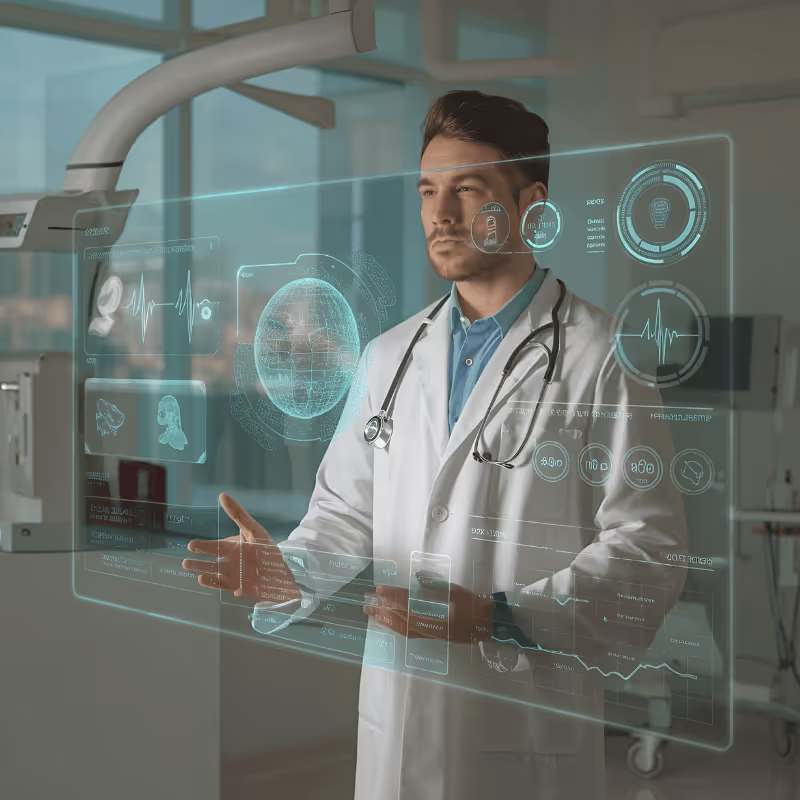
%20(7).avif)
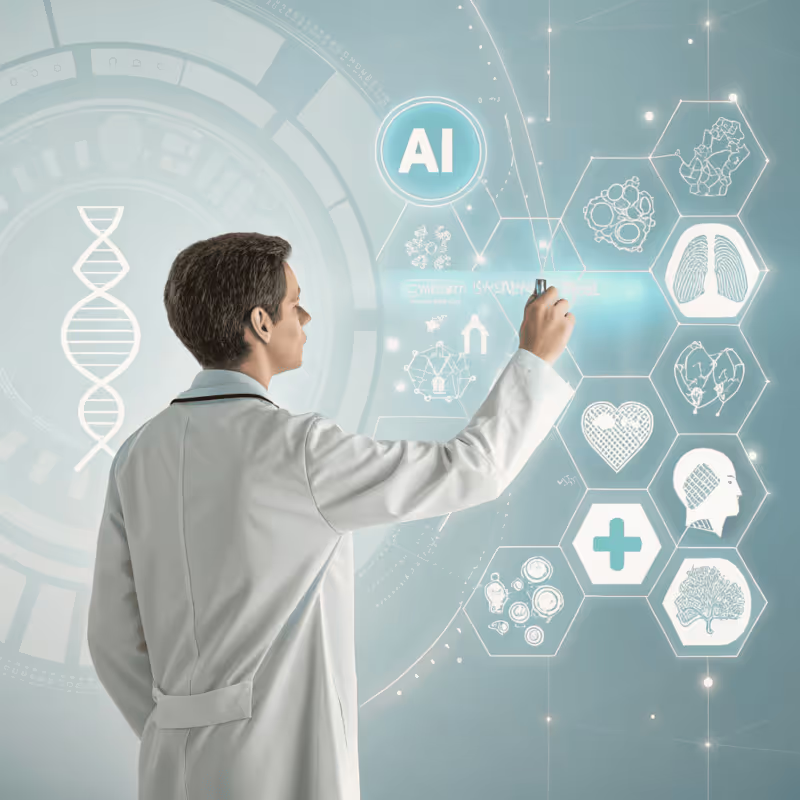

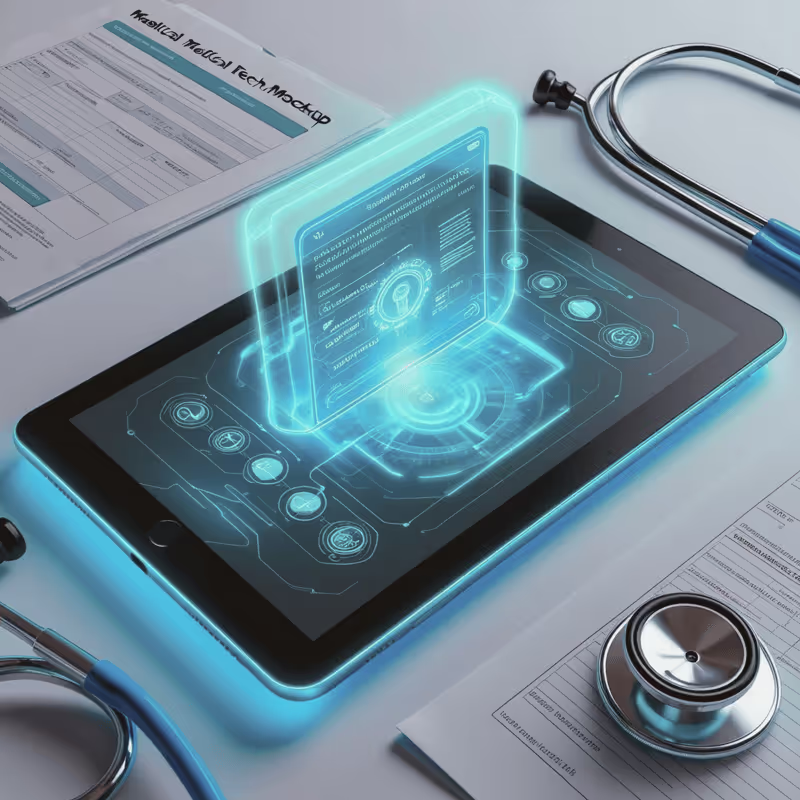











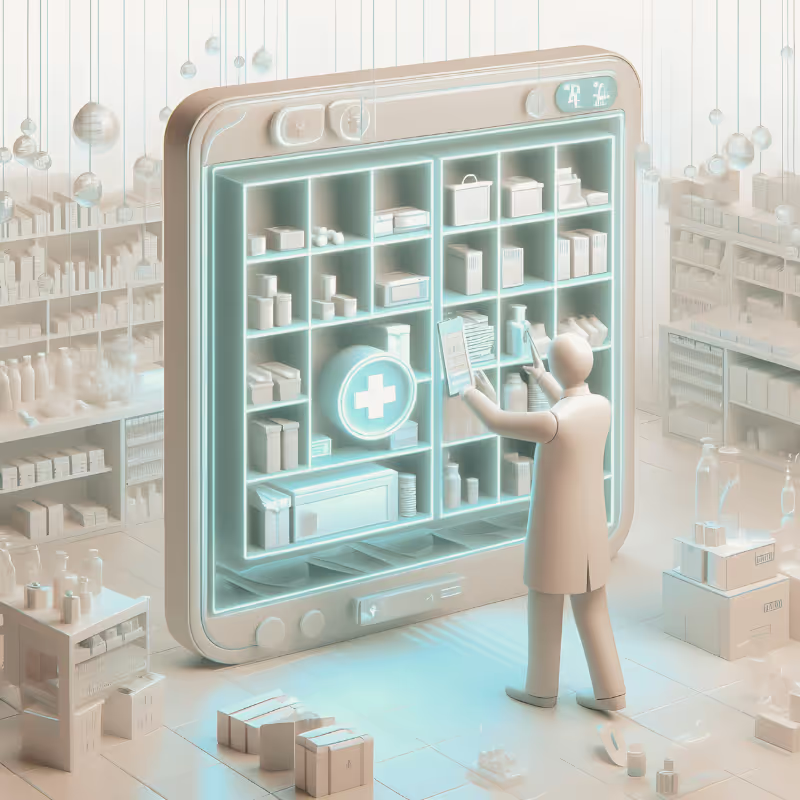




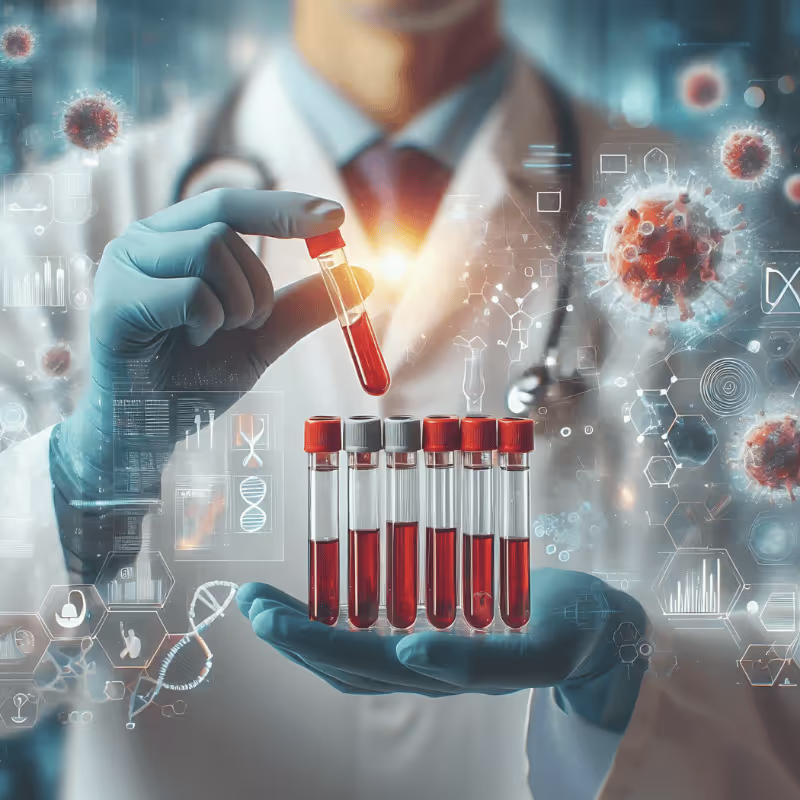

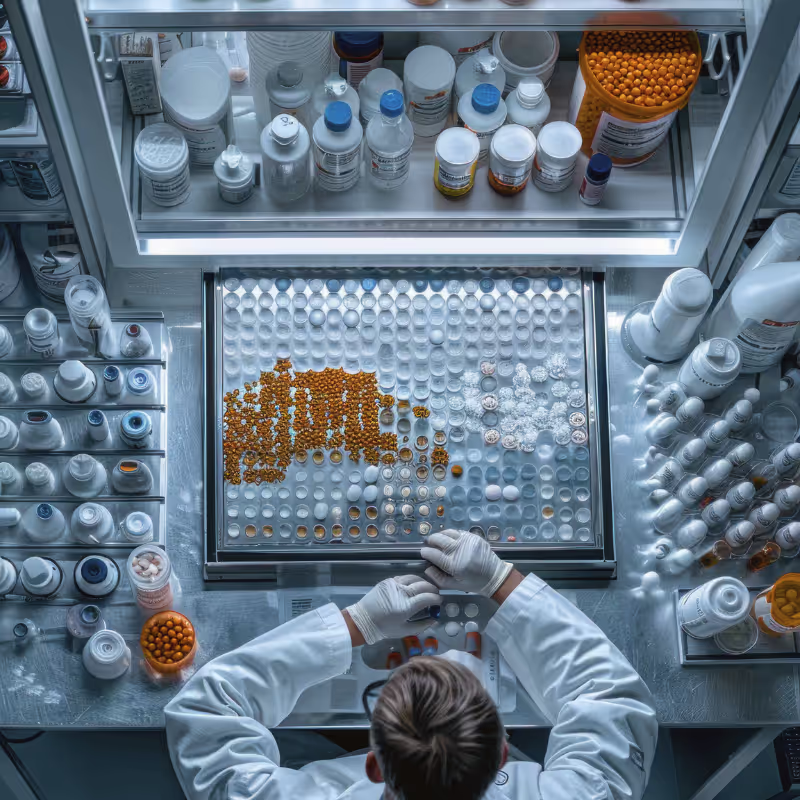
%20(5).avif)
.avif)


